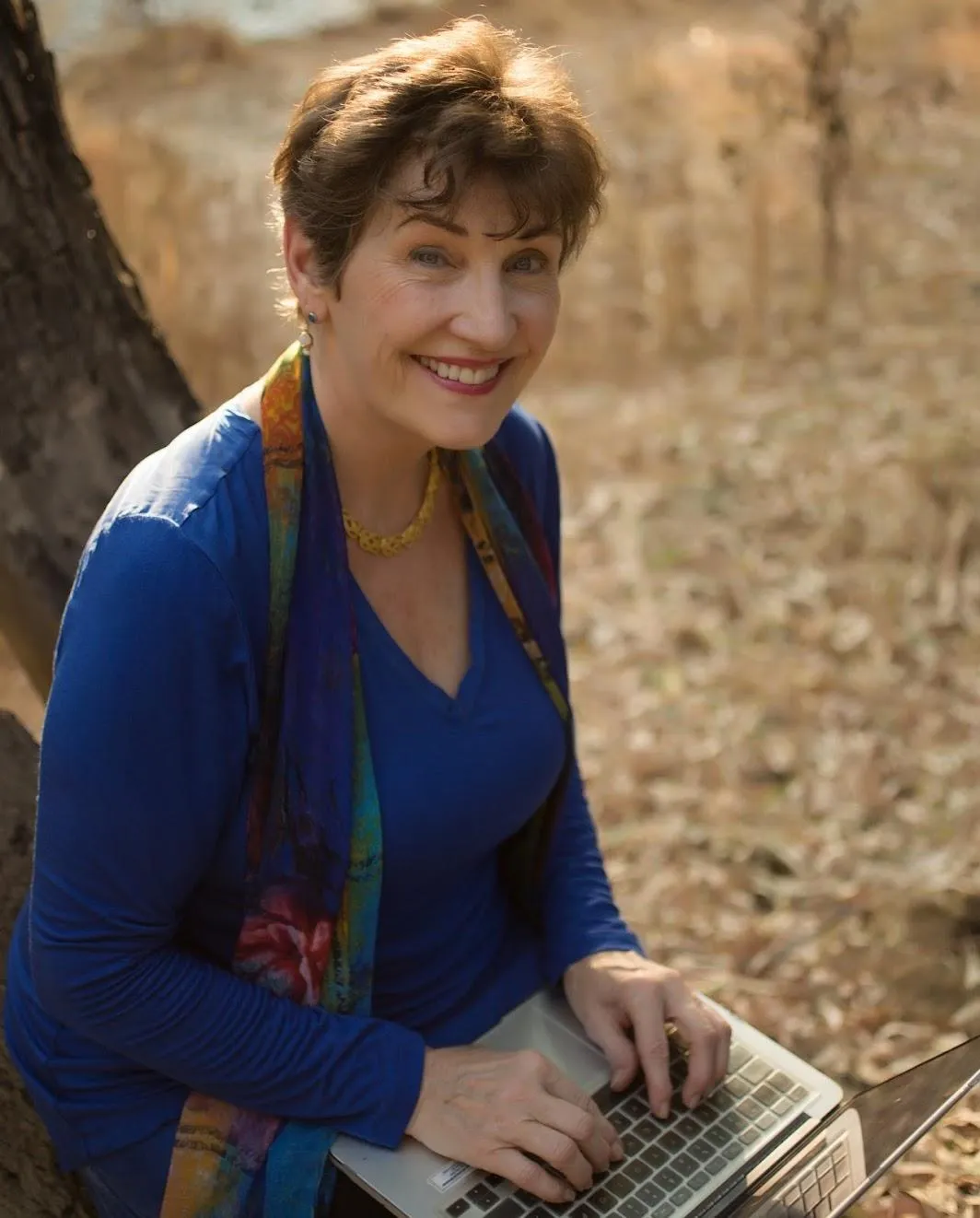
Going From Frozen to Free
December 2021
Last month you discovered the first of 5 body myths that may be blocking you from your inner wisdom.
That brings us to Body Myth 2: “The Body Is Mysterious and Dangerous.”
This particular myth is fed by a fear of the primal instincts of the body ... and of what could happen if we drop into the “danger zone” of the unknown.
Thawing Out the Freezer
Janet came to see me because of relationship fears. What emerged was a memory that had haunted her for years.
When she was growing up, she had a beloved uncle who’d always been her protector. He was her “listening ear” in a chaotic, alcoholic home.
What she didn’t know at the time was that he lived in their home because of a lifelong struggle with bipolar disorder and drug addiction.
One night when she was 13 years old, Janet came home excited to share her excitement: She’d just landed a big role in the school play!
She rushed into her uncle’s semi-darkened room and gently shook his shoulder to wake him up so she could share the exciting news.
But he startled from his drug-induced stupor like a raging bull — and he started throttling her.
The long seconds it took for him to recognize her — and to remove his hands from her throat — was an eternity to Janet.
When he finally let go she fled his room in shock. And she cried herself to sleep.
Like many victims of violence, Janet took on the blame and the shame.
She hid the bruises on her neck with scarves and turtleneck sweaters.
Yet she was not only physically traumatized; she had lost her best friend.
Her sweet uncle had become a monster.
When her uncle woke up the next morning, he remembered nothing of the incident.
In the following weeks his addiction deepened until he committed suicide.
Unfortunately that magnified Janet’s trauma and guilt. And it was years before she could fully look at a man she cared about.
If she was in a darkened room or a car at night with a man, her belly would grip in fear and her heart would pound, causing a panic attack.
She was convinced there was something about her that turned men into raging beasts.
As an adult she finally sought psychotherapy. And she finally got the courage to ask her family about her uncle.
That’s when she discovered the truth about his lifelong struggles.
This lessened her panic attacks. But she still couldn’t shake her deep mistrust of men. And the sense that something about her elicited a mysterious, dangerous rage from their depths.
To dispel her mistrust of her own body, I suggested she needed a strong ally to meet this powerful fear.
I asked her what would help her feel more present with her 13-year-old self, who had made such an isolating decision to withdraw and protect herself.
Since this trauma was physically induced, she intuitively felt she needed to be touched to help it resolve.
She also realized she needed her wise adult self — the part of her that had done years of therapy — to support her traumatized self.
In our session, as I gently held the top of her chest and her upper back and cradled her heart between my hands, Janet recalled running up the stairs to share her joy with her uncle.
I felt a trembling from her lower limbs that slowly dissipated. Then her chest tightened and became still and cold as she got closer to the actual traumatic moment.
I let her know in a gentle voice that I was with her as an ally. And that the grown-up part of her who’d uncovered the truth about her uncle was also with us.
Janet’s inner 13-year-old remained frozen and mute while her chest continued feeling tight and cold.
I let her know I would patiently wait as long as it took for her to feel warmth there again.
And I reminded her that her cellular intelligence knew what to do — and that she could let things unfold in her own time.
Something shifted under my hands ever so slightly when I spoke.
My words and presence told her that I saw her clearly. I wasn’t pushing. And I had no agenda about how this might unfold.
As I felt a deep stirring in her system, I explained that her frozenness was a natural response to danger … and her only possible defense at the time.
Indeed, it had helped her survive.
So we explored how she might thank that frozenness for its years of valiant service.
Into the Light of Awareness
When we can feel grateful for a part of us that helped us in the past — even if it's still hindering our progress — surprising things can result.
Janet’s chest softened significantly in the minutes that followed.
This disowned part of herself that had contributed to her panic attacks was finally feeling recognized for saving her from the confusion, fear and pain of the tragic experience with her uncle.
With that the frozen tightness loosened up a bit. And it slowly released its position as guardian of her safety.
I asked Janet’s older, wiser self to explain to her 13-year-old self what had happened that night.
Janet told her that it wasn’t exuberance and joy that had triggered her uncle’s rage.
In fact, it hadn’t been her fault at all.
Instead it was his own pain, confusion and addiction. And Janet had no way of knowing that.
The older, wiser part of her thanked the freeze response. Her chest coldness melted under my hands. And her breathing returned to normal as she cried sweet tears of relief.
Shortly after that, Janet’s panic attacks disappeared completely.
Her irrational sense of fear dissolved. And she slowly began to make friends with the men in her life.
By appreciating the wisdom of her whole body, Body Myth 2 was finally in her past.







